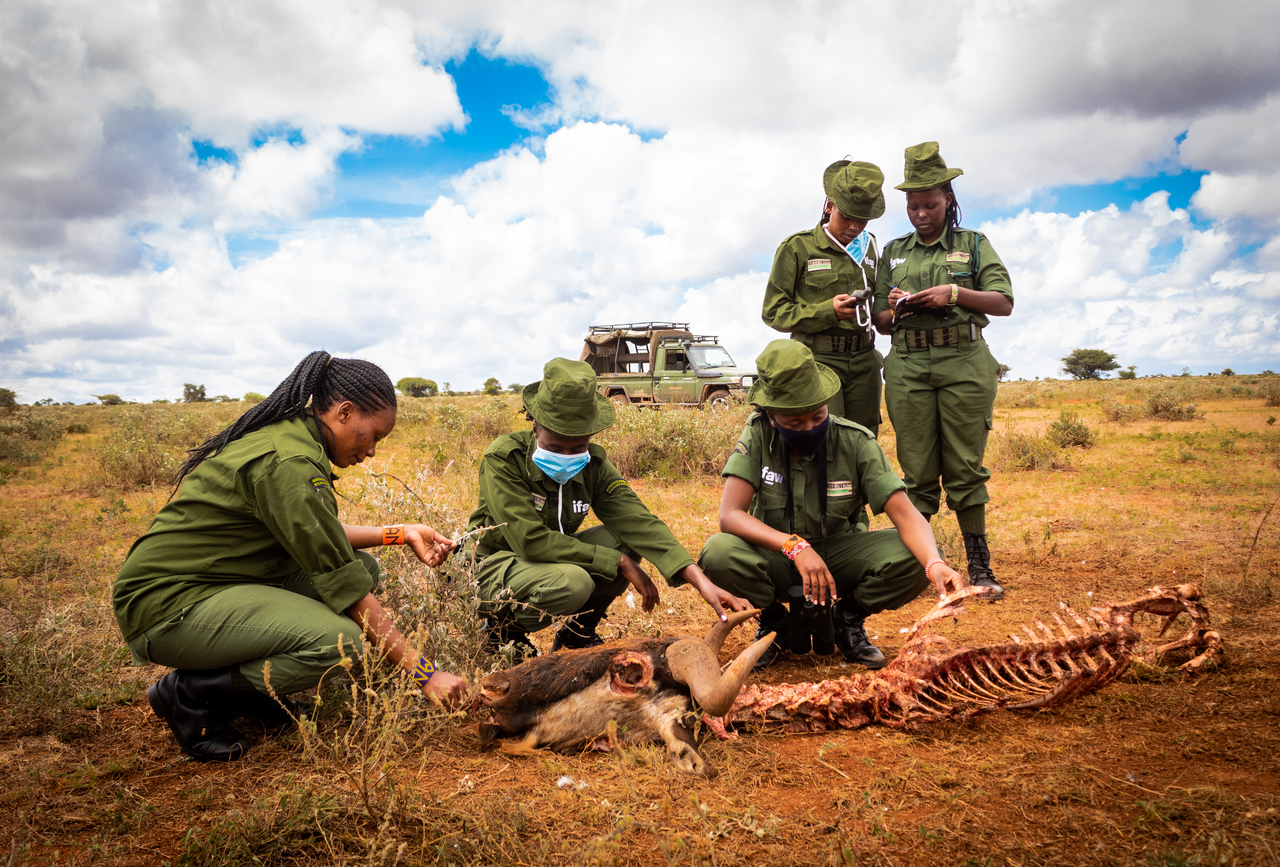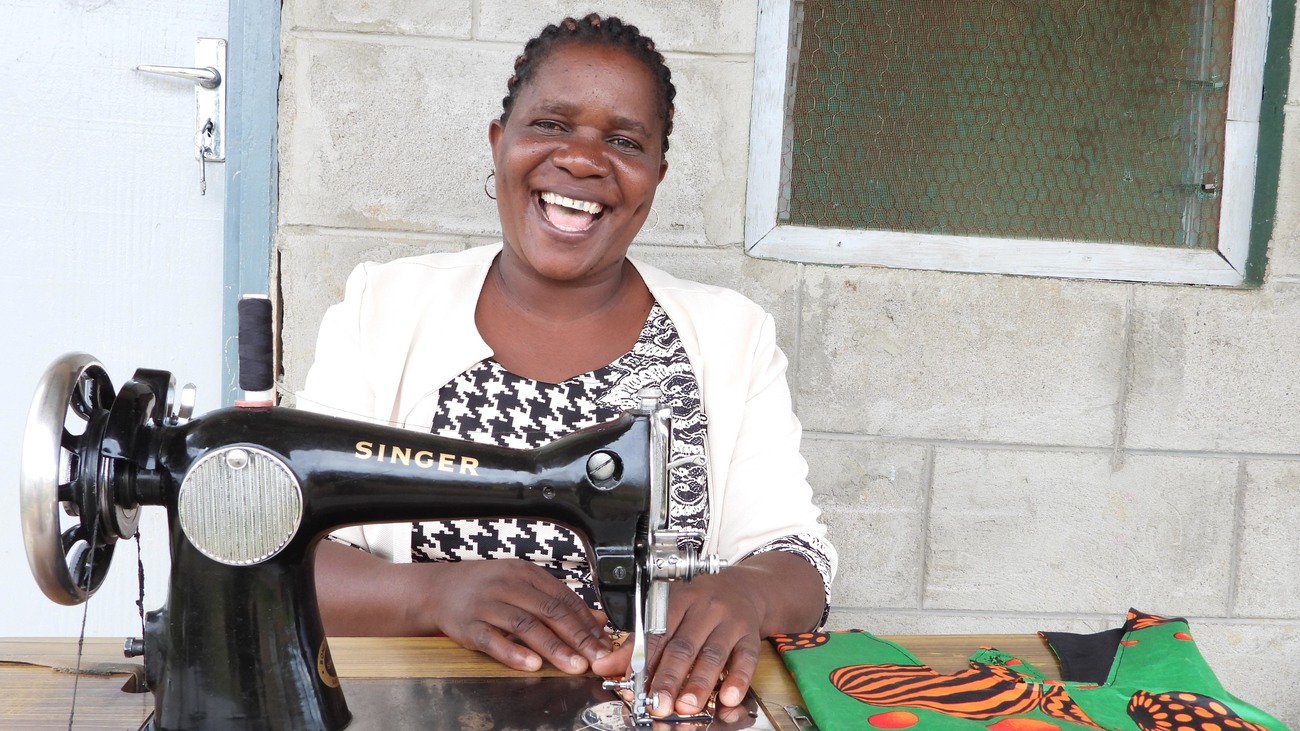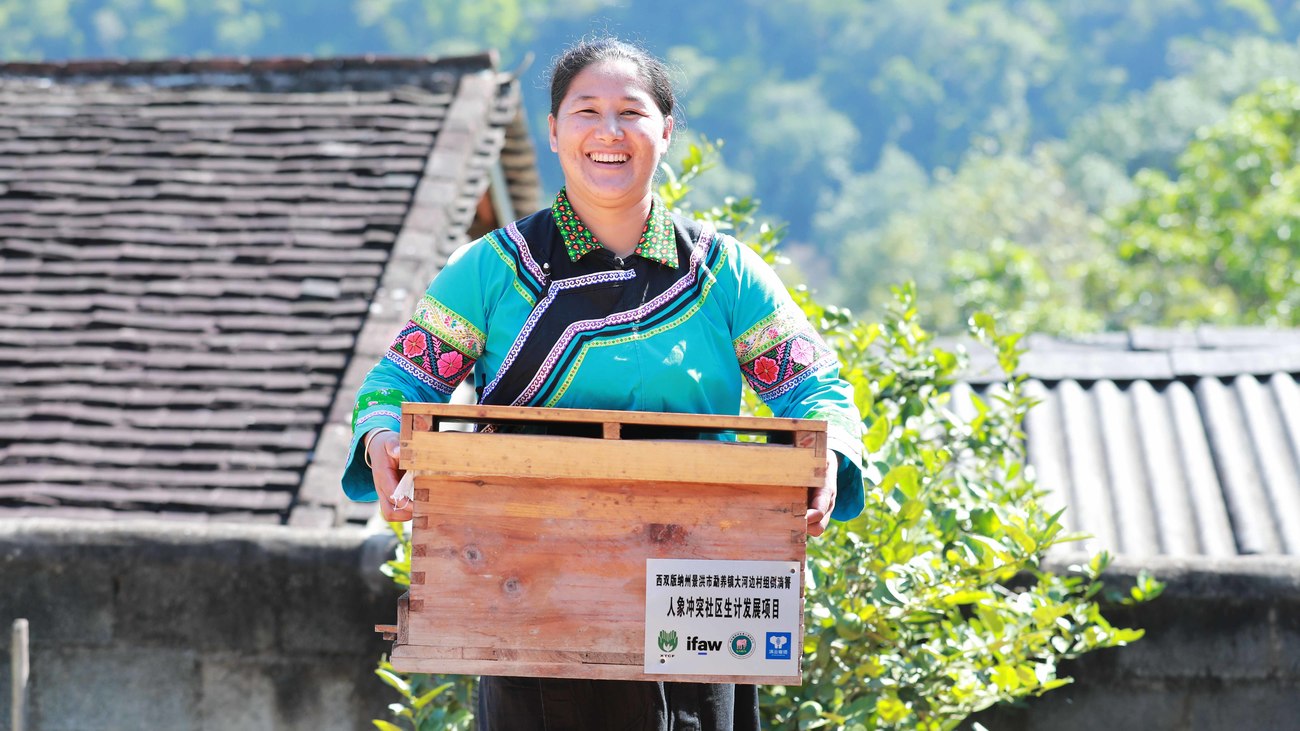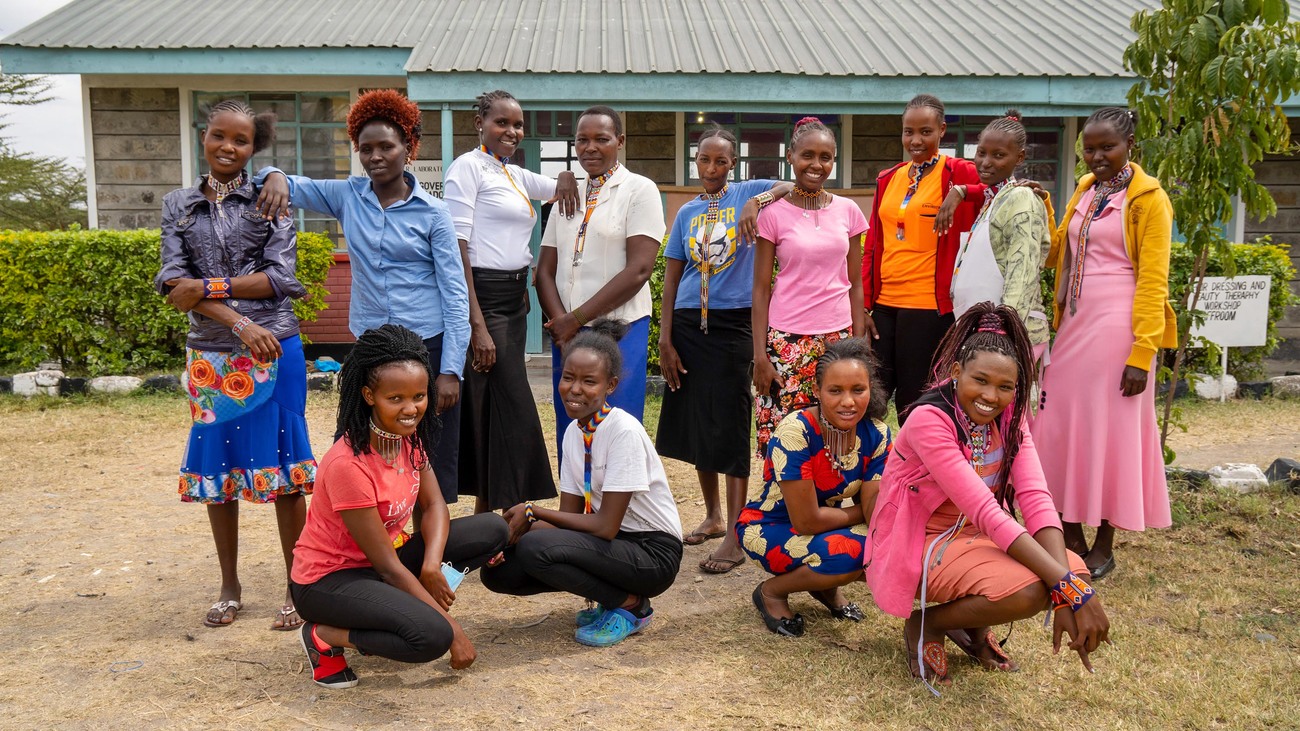Team Lioness - Kenya
We're transforming what it means to be a woman rangerelevating the voices of women in local conservation
elevating the voices of women in local conservation
In rural communities, women providing for their families often interact with wildlife more than men. Actions like collecting water, harvesting crops and collecting firewood for stoves put women at greater risk of dangerous encounters with animals like elephants, crocodiles and hippos.
At IFAW, we recognize the unique challenges faced by women and work to make their voices heard in conservation. Why does it matter for conservation? When women have alternative opportunities for education and professions, economic livelihood increases, communities thrive and human-wildlife conflict plummets.
The future of conservation needs local women in leadership positions. Here’s how we’re making that happen.
Team Lioness, an all-women ranger team paving the way
Historically, the Maasai community in Kenya is largely patriarchal. Women were rarely consulted in decision-making or given roles outside of household maintenance. But today, things are changing. Meet Team Lioness, one of the first all-women ranger teams in Kenya that is shattering stereotypes and creating new opportunities for Maasai women.
Team Lioness is comprised of 16 Maasai women who have demonstrated the highest caliber of athleticism, leadership, academic achievement and integrity. As part of the larger Olgulului Community Wildlife Rangers (OCWR), Team Lioness secures the landscape of Amboseli National Park, protecting wildlife from poachers and mitigating human-wildlife conflict.

The impact on the community has been incredible. Young girls have strong role models to look up to and feel encouraged to pursue leadership roles. With this, comes new opportunities for women to make their voices heard and gain financial stability for themselves and their families. The perception of women in the conservation field in Kenya is changing, and we have Team Lioness to thank for that.
Lifupa Women's Group encourages economic leadership in Malawi

Kasungu National Park in Malawi was once a thriving ecosystem full of diverse wildlife—but throughout the 1970s, rampant poaching decimated the park. By 2015, the elephant population plummeted to fewer than 50 individuals. Tourism crashed and with it, the income and livelihood of those who called the park home.
Looking to restore the park to its original health, Malawi’s Department of National Parks and Wildlife invited IFAW to tackle the challenge. As we began exploring solutions, we knew that community members had to be integrated every step of the way. We talked with local women from the village of Lifupa and learned that many of them admitted to poaching and illegal fishing to sustain their livelihoods. They were in dire need of new opportunities—ones that would provide them with an income of their own and a stronger place in the community.
Together we created the Lifupa Women’s Group, a true co-operative that runs a local convenience store where villagers can shop for groceries and everyday items. Following the success of the store, the women expanded their skills to sewing and handmade goods. Today, the Lifupa Women’s Group produces beautiful sunhats, bags, dresses and laptop pouches made out of the vibrant Malawi chitenje fabrics. Their products have been such a hit that we began selling their handmade facemasks on our website!
The project has done wonders for the community of Lifupa. Women are empowered economically and socially, families have greater stability and poaching is no longer a necessity.
women lead beekeeping effort to safeguard elephants in China

China is home to a small but growing population of roughly 300 endangered Asian elephants. Sadly, commercial crop plantations and development are leading to major deforestation and habitat fragmentation that threatens the wellbeing of elephants.
As elephants search for new land and food, they often damage property, destroy crops and find themselves in dangerous interactions with people. To minimize human-wildlife conflict and help promote coexistence, IFAW created the Asian Elephant Protection (AEP) project. And at the heart of the initiative, are women beekeepers.
Elephants are innately scared of bees, making beekeeping the perfect solution to not only keep elephants at a distance but also supply an alternative source of income to communities. A group of local women have risen up as leaders of the project. By managing beehives and selling honey, the women are creating a new source of income to the communities that increases economic livelihood. As part of the project, beekeepers also participate in restoring elephant habitats by clearing exotic plants and growing local, eco-friendly plants edible for elephants.
Jenga Mama helps women run businesses in Amboseli

IFAW and the German foundation Margarete-Breuer Stiftung (MBS) are helping 60 women in the Amboseli community transform their lives through new professions. The Jenga Mama project (named after the Swahili words for “Empower a Woman”) provides three-year vocational skills training in professions like hairdressing, dressmaking and catering. The education project will equip the women with the tools to set up microenterprises that generate sustainable incomes for their families and communities. By the end of 2023, the 60 women will be fully prepared to sustainably run the business enterprises themselves!
Animal welfare often starts with the wellbeing of people. By creating new alternative sources of income that generate stability and leadership, the women of Jenga Mama are helping their community create peaceful coexistence between people and wildlife.
With your support, we can continue to build new leadership opportunities for women and communities all around the world. Together, we can promote coexistence with wildlife.
Related content
Our work can’t get done without you. Please give what you can to help animals thrive.